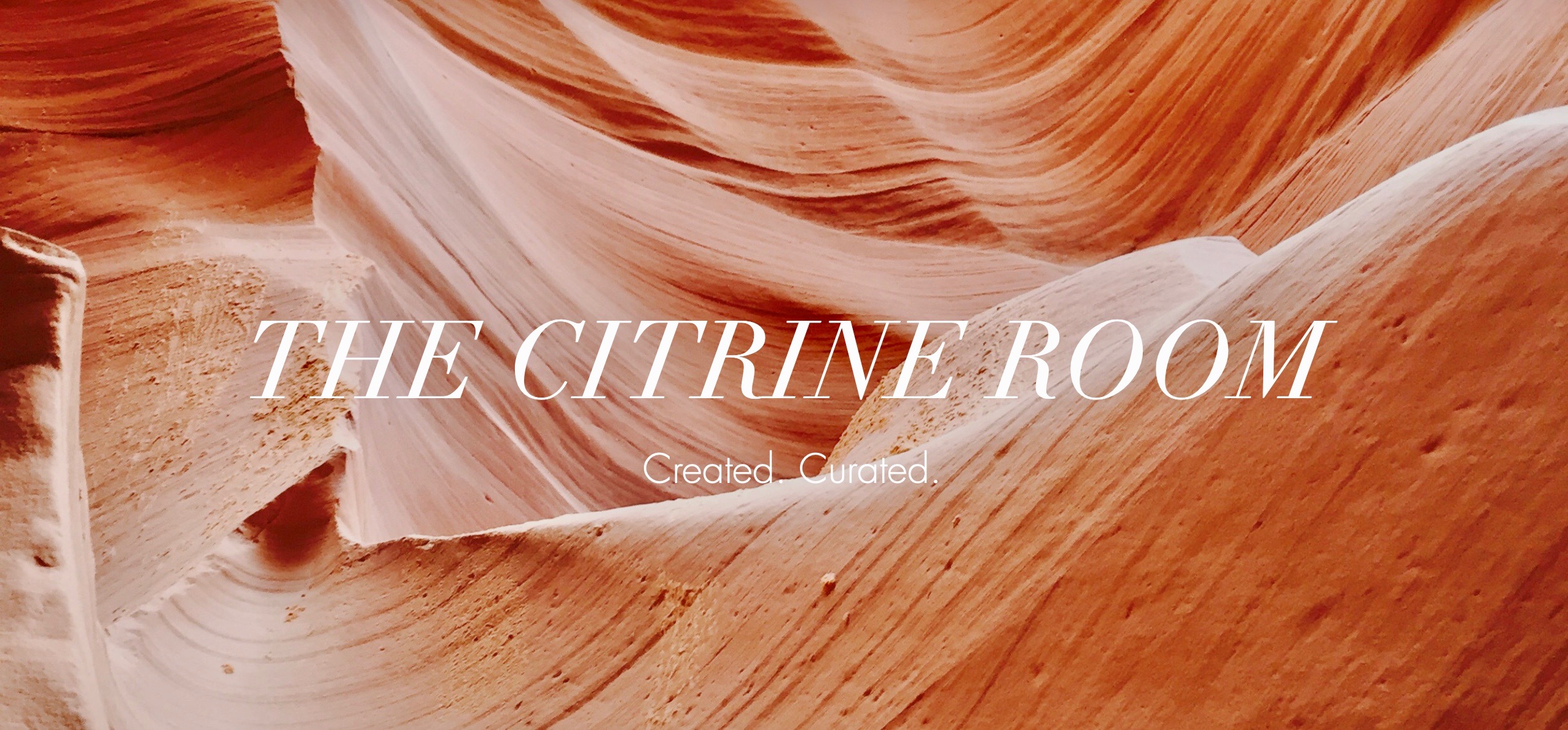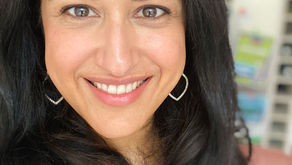Know Yourself: How self awareness can propel you towards personal and professional success
- MR

- Jan 29, 2024
- 6 min read
What if I told you that every choice you make, every decision you take, is not solely yours? What if I revealed that our concept of free will is intricately intertwined with our familial history, early experiences, and the influences surrounding us from the very beginning? Let's go even further. What if I told you that getting to the heart of who you are today, beneath all those layers around you, is what will actually help you feel more in control of your life, your career, and that authentic success for which you're striving?
As a life coach, I've delved deep into the complexities of human behaviour, witnessing firsthand the profound impact of self-awareness on personal and professional growth. It is my passion to help my clients feel more in tune with who they are and what they want out of life. Some executive coaching and performance coaching programmes undoubtedly equip individuals with the skills and strategies needed to excel in their fields. And sometimes they work. For a time clients will feel the motivation to work and perform towards success. Until they don’t. Until they plateau. You see, amidst the pursuit of perfection lies a potential pitfall—the neglect of deeper emotional and mental facets that underpin sustainable success and fulfilment.
From childhood, we are shaped by the dynamics of our relationships and the expectations placed upon us. I vividly recall yearning for acceptance from my older brother, adapting my preferences to mirror his in hopes of being seen. Plus, my parents who had to work hard to make ends meet, had little time to meet my every emotional need. Little did I realise, this pattern of seeking validation echoed through my life choices, influencing my career path and personal relationships.
Dr. Pippa Grange, Head of People and Team Development at the Football Association until 2019, write in her book Fear Less that "Your unconscious is formed by what happened in your early life, especially before you had language and reason and could understand concepts...your brain development and world view were shaped dramatically by your parents and caregivers' communication style and their responsiveness to your needs. You worked out if you were safe, protected and cared for--or not--from their non-verbal communications and behaviour. And you sent this information straight to your unconscious where it is still today." An unconscious that has been handed down generation after generation. Until the cycle is consciously recognised and the parts that are unhealthy are broken to make way for a way of being that serves our needs today.
It's not just our immediate interactions that mold us; it's the collective tapestry of familial aspirations, societal norms, cultural ideals, and racial beliefs that shape our perceptions and decisions. My parents had a whole backstory before they even met, one that informed who they grew up to be and how they parented. When they were living in Hong Kong, their experiences as adults included being subjected to racism. My mother's mission to protect brother and me from that was to make sure our language skills were exemplary. She made sure that while we will be judged by the colour of our skin we couldn't be judged by how we spoke and how we carried ourselves. She taught us to speak articulately and with clarity. She would make us read the front page of the newspaper every night before bed. She knew language was a way for us to be accepted in a judgemental world that would do anything it could to make us feel like we didn't belong. Little did I know then it would pave the way for me to be an anchor on the world stage.
As I matured in my career, I often grappled with a profound sense of searching. That success I had achieved in my first career wasn't enough anymore. I felt as though that career, even though it was one that brought me acceptance from my parents and my community, it didn't feel aligned with who I was. I would only start to understand those feelings after seeking therapy and recognising that so often we make choices not based on what we authentically want in life but we make choices as a reaction to what we believe we should be doing. That includes jobs, partners, lifestyle, etc. It wasn't until I confronted these patterns, peeling back the layers of influence, that I began to reclaim agency over my life, recognising that that journey has made me who I am today, it has made me someone who is empathetic to the journeys of others.
The psychologist Dr. Shefali Tsabary, author of The Conscious Parent and The Awakened Family, writes, "Do you realise much of who you are is scripted by another, your parents, your family, your religion, your schools, your culture?" She goes on to add when we start to ask ourselves, "who am I really? Who am I on my own without another's ideas of me, without another's expectations of me?" perhaps then we might get to the root of how we define who we are and what we want in our life.
As a life coach, I fundamentally believe in the power of self-awareness as the cornerstone of personal and professional fulfilment. Knowing who you are beneath those layers of influence, layers that- as Dr. Mariel Buqué writes in her book Break The Cycle, can go back 7 generations that are deeply embedded in our DNA--is the starting point for living a life of authenticity and where we can start to figure out what actually makes us happy.
Self-awareness is the foundation upon which greatness is built. It is the compass that guides us through the darkest of storms, and what brings us back to life feeling stronger, with clearer vision of what it is we actually want and the strategies we need to actually get it. We approach challenges with a sense of being whole and comfortable with who we are and not driven by a need to fill a void that we were once afraid to confront and would be relentless in our pursuit to hide and fill by any means necessary.
What got us to the top of our ladder isn't necessarily going to be what keeps us there. We see it in elite athletes where the main factor that keeps them at the top of their game is their clarity of vision and their mindset--one that isn't clouded by beliefs that don't serve them. What was once fuelled by a need to prove something is now energised by true knowledge of who they are. Novak Djokovic is a great example of someone who worked through his demons, got quiet within himself and came back to the game with a sense of purpose and confidence in who he is saying, “It doesn’t matter if you are in sports, it doesn’t matter in which profession you are in life, essentially we are the same. We all need to go inside ourselves to observe from different perspectives what is going on inside.” What goes out is the one track mind where winning at any cost is the only answer and the crippling pain of failure. What replaces it is perspective, purpose, and the ability to see things clearly. Winning inevitably happens when life is approached that way.
To be mentally agile we need to know where the weak spots, where the blind spots are; we need to be aware of what could possibly trip us up—be it a deep inner belief, a thought or memory that keeps creeping up when we’re triggered. Those blind spots impede our abilities to go further, to reach higher, to have unwavering belief in ourselves. They hold us back from achieving everything we want to achieve. Depending on your needs, working with a life coach or a therapist helps us become aware of them on a conscious level.
When we know where our limiting beliefs come from, and when we’ve dealt with them in a healthy way, we put in place actions that will build our mental muscles and our emotional resilience. It doesn’t mean we will never feel doubt, insecure, afraid, or any of those emotions that come up during an intense time. It does mean our ability to recognise them for what they are—as thoughts that will pass, beliefs that were embedded in us a long time ago--and not facts. Our ability to move through them quicker becomes habitual and instinctive, allowing us to use our energy, our focus and mental strength on the job at hand. It also makes us better leaders, more effective colleagues, and partners because we are compassionate and empathetic of someone else’s journey.
In the corporate landscape, companies that prioritize employee well-being and self-discovery foster a culture of innovation and resilience. By providing access to life coaching, organisations empower their teams to navigate challenges with confidence and clarity. Investing in employee growth isn't just about bottom-line results; it's a testament to a company's commitment to nurturing talent and fostering a culture of authenticity and empowerment.
When we know who we are, what has been stopping us from confidently being ourselves, what our backstory is, and what we actually have within us to propel us to greatness, we accept ourselves fully. Only then can we begin to show up at work and in our personal lives with confidence and with purpose.
When we embrace the transformative power of self-awareness, we can unlock the boundless potential within ourselves and our organisations, paving the way for a future defined by purpose, fulfilment, and genuine connection. And make choices that actually reflect who we are today.






Comments